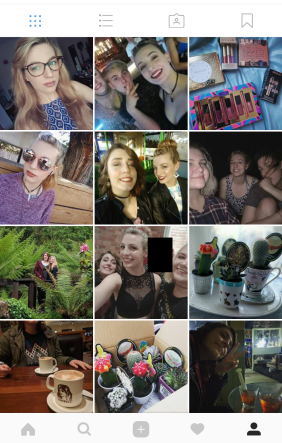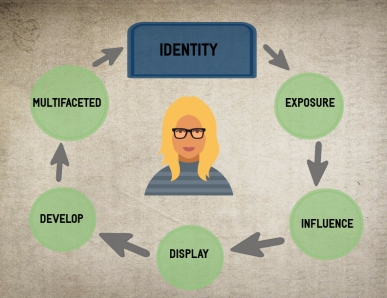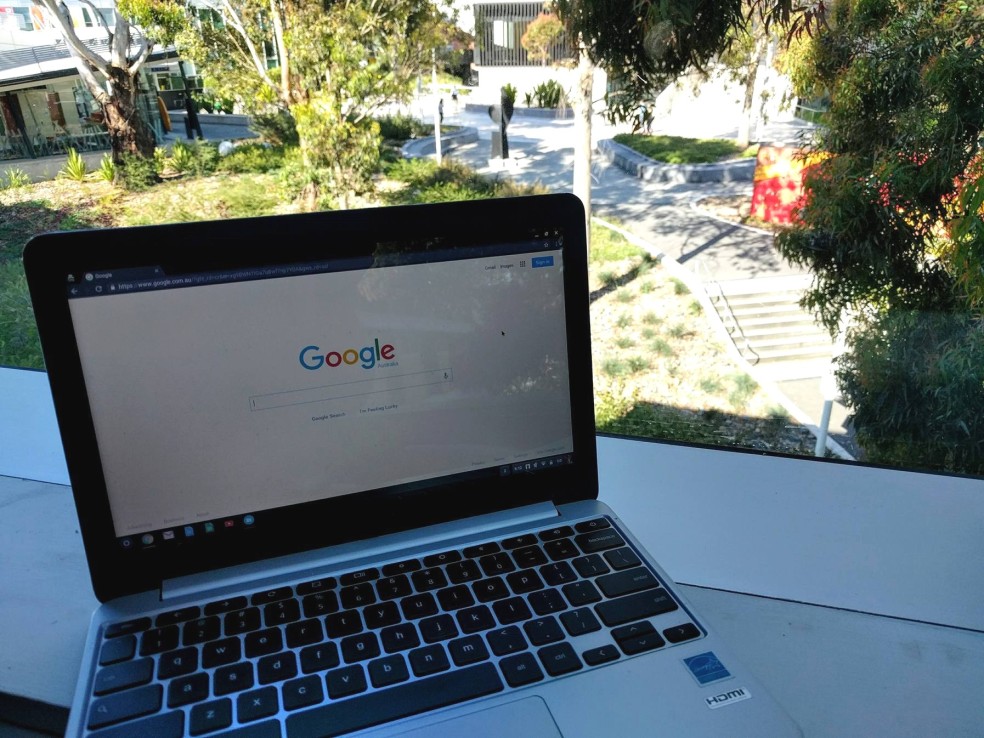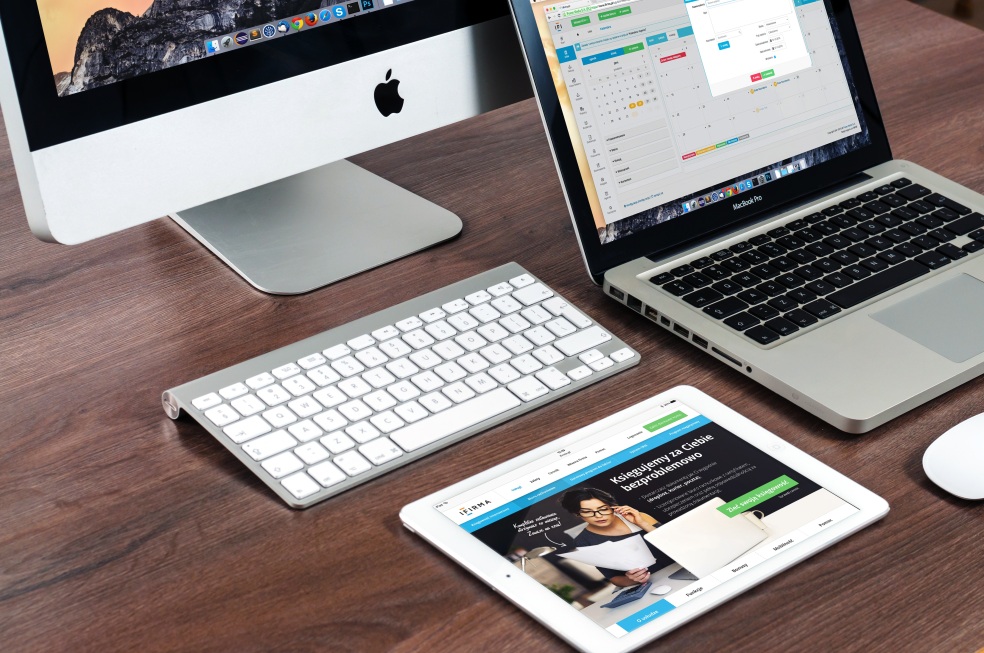When I first started planning this post I was very much going to argue that Facebook was aging, and aging poorly. It is a platform that at first sight has everything in one place and takes the posts from Twitter, the photos from Instagram and the live videos from Snapchat and combines them in one feed. This on paper, seems to be a way to get all of the best from social media in one place, yet instead, often results in a messy and overwhelming stream of content. Leading to many users engaging in a more active way through these other social media platforms that Facebook has integrated.
Audiences often prefer to post original content on more specialised social media platforms. Photos now go on Instagram seconds after they were taken, and funny happenings are instantly shared on Twitter with friends. But when researching I came across the idea that perhaps the reason people are now showing a preference to socialise on platforms other than Facebook, is because Facebook is no longer a social media platform.
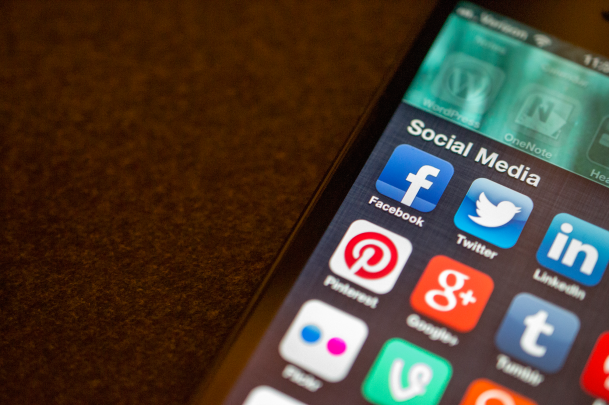
Facebook has always been the most iconic social media platform, it took over Myspaces place in the online world in 2004 and has quickly grown to be a digital platform for engagement in a different league from all of its predecessors. Facebooks 2016 statistics showcase that its popularity is still unquestioned . According to the CNBC facebook has on average over 1.79 billion monthly active users this is more than ‘WhatsApp (500 million), Twitter (284 million) and Instagram (200 million)—combined’. Facebook is statistically the biggest social network, but taking a closer look will reveal that although people are using Facebook regularly, they are engaging with the platform differently. Facebooks primary use isn’t as a social platform anymore.
Facebook has known its down coming for a while, and they have tried several different techniques to restore the site to its former glory. This is visible with the introduction of the ‘react’ options to posts. These were intended to give users a new and more authentic way to interact with online content, as they could express more that just a ‘like’ but could show they were saddened, excited, shocked or infuriated at what they were seeing online. They have also changed the language of the status box to, ‘Whats on your mind?’, a question that is set to encourage users to post more statuses and share more about their personal lives via Facebook. The dwindling user generated content is potentially due to the platforms formidable size. The thought behind this break down of intimacy is that with the platform becoming so exponentially large, and people having friend lists that consist less of actual real world friends and more of people they met briefly, users are less inclined to share personal information and their lives with hundreds and hundreds of strangers.
so how does a website that has known struggles of user produced original content have statistics this strong?
Simple, adaption.
Facebook has has taken this trend into account and has begun its transition into something beyond a social media platform. Facebooks trending topics and hashtag features have made it now a commonly used source of news and current affairs for users. In fact, 40% of US adults get their news from Facebook through the trending topics section. Facebook is also a huge supplier of entertainment and games, and provides users with a feed of advertisements, stories, multimedia, forums, and even an online buy and sell marketplace that align with their personal interests. Facebook provides its users with what has been dubbed as ‘a personalised portal to the online world’. Facebook has become more than a social media platform, it is often a persons first stop when online, and it is from the facebook provided links that people often begin their internet browsing.
So I wasn’t entirely incorrect, Facebook is beginning to show its age. But it is far from becoming obsolete, it is growing and developing to in a very sophisticated way that ensures it will continue to hold a firm bookmark in billions of peoples browsers.

